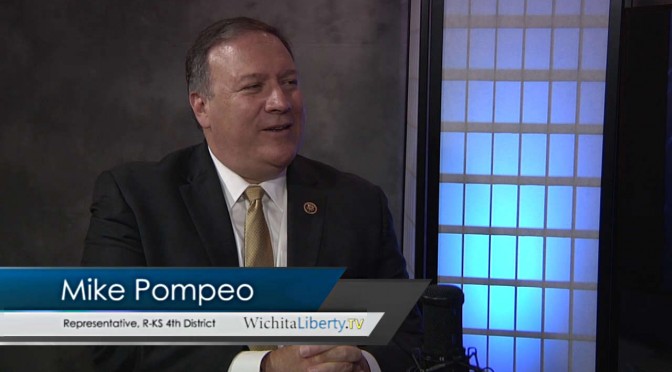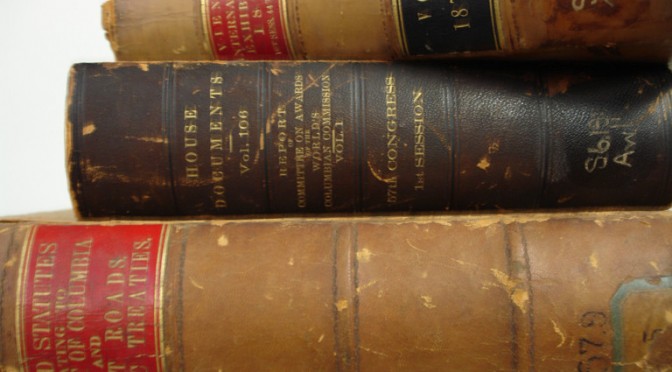Tag: Regulation
-

WichitaLiberty.TV: Congressman Mike Pompeo
Congressman Mike Pompeo talks about passing legislation like the Safe and Accurate Food Labeling Act, the Iran nuclear deal and his role in discovering the secret side deals, and other topics.
-

WichitaLiberty.TV: The Sedgwick County budget and more episodes of “Love Gov”
In this episode of WichitaLiberty.TV: As Sedgwick County proposes small spending cuts, those who benefit are vocal in their displeasure. Then, two more episodes from “Love Gov” covering health care and the housing market.
-

Federal rules serve as ‘worms’ buried in promises of ‘free money’
An often unappreciated mechanism throughout the Kansas budget severely limits the ability of legislators and governors to adapt to changing state priorities. A new paper from Kansas Policy Institute explains.
-
Michael Tanner: Going for Broke: Deficits, Debt and the Entitlement Crisis
Cato Institute Senior Fellow Michael Tanner speaks about his new book, “Going for Broke: Deficits, Debt and the Entitlement Crisis,” at a luncheon of the Wichita Pachyderm Club, July 31, 2014.
-

The real free lunch: Markets and private property
As we approach another birthday of Milton Friedman, here’s his article where he clears up the authorship of a famous aphorism, and explains how to really get a free lunch
-
Sedgwick County commissioners oppose Westar rate increase
Sedgwick County commissioners oppose Westar rate increase
-

Government creates obstacles to progress
“Overcoming obstacles can be a difficult challenge even on a level playing field. We need to change the rigged system that favors the politically connected over the hardworking, honest citizen,” writes Charles Koch in a recent edition of Perspectives.
-

Friedman: Laws that do harm
As we approach another birthday of Milton Friedman, here’s his column from Newsweek in 1982 that explains that despite good intentions, the result of government intervention often harms those it is intended to help.
-

Westar: First, control blatant waste
As our electric utility asks for a rate increase, let’s first ask that it stop blatant waste.
-

‘Love Gov’ humorous and revealing of government’s nature
A series of short videos from the Independent Institute entertains and teaches lessons at the same time.
-

Wichita economic development, the need for reform
An incentives deal for a Wichita company illustrates a capacity problem and the need for reform.
-
Rebuilding liberty without permission
A forthcoming book by Charles Murray holds an intriguing idea as to how Americans can reassert liberty: Civil disobedience. Make the federal government an “insurable hazard.”